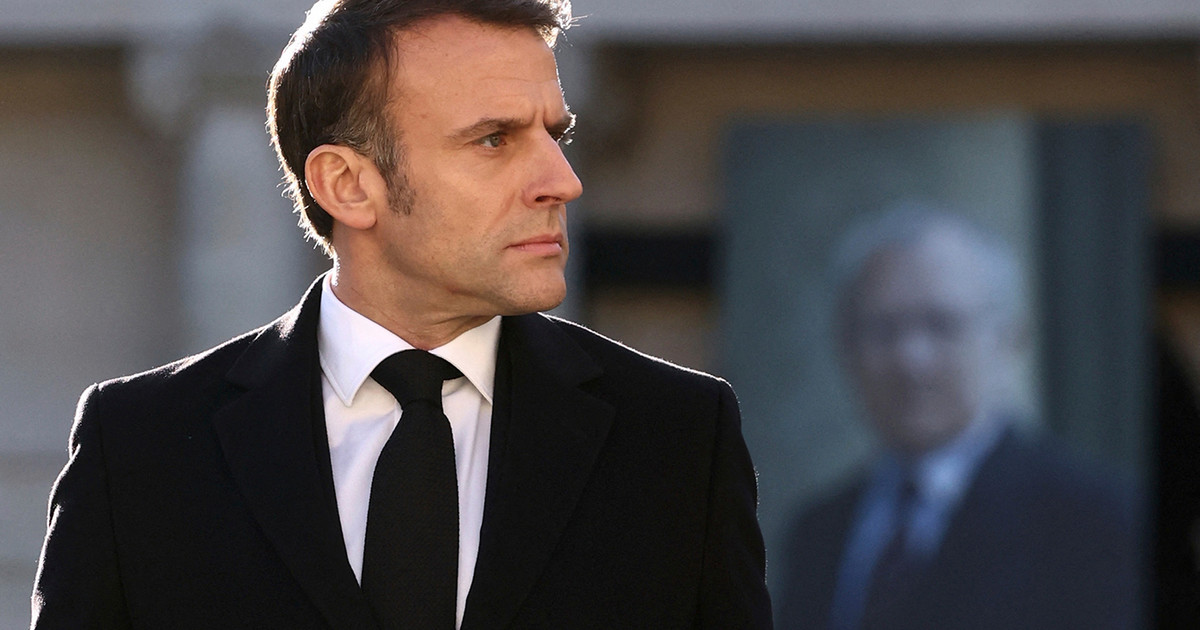For men, freedom is not a sacred value, despite the fact that the notion that we have inalienable rights, prior to the existence of the State, is common in democracies. This was already known, but the pandemic has shown how, depending on their personal circumstances and the level of information, citizens are more or less willing to accept cuts to their personal freedoms, especially if the repression is short-lived .
“Civil liberties in times of crisis” is the title of the broader work on this topic published by the National Bureau of Economic Research of the USA that sign Marcella Alsan and five other researchers, based on 370,000 surveys carried out in 15 countries (including Spain) between March and October of this year.
The study finds four conclusions. The first is that many people are willing to accept restrictions on their freedoms in exchange for health security. Around 19% are unwilling to make any concessions (23% in the US and 5% in China). But the vast majority do agree to give up freedoms in exchange for a quick response to the crisis.
The freedom that is most jealously guarded is privacy, followed by democratic procedures (¡ojo Sanchez with the abuse of decree laws and rudeness to Parliament!), while the least is business freedom ( Garamendi!). The closure of schools, businesses and borders are among the policies that are initially more tolerable.
It is noteworthy that European countries, whose legislation is one of the most guarantors of personal data, are the most likely to renounce their privacy in exchange for health security.
Second, exposure to the disease changes the attitude towards it. This had already been verified in studies carried out in the wake of the elections in the Basque Country. Those localities with neighbors who died from Covid showed a lower electoral participation (Vázquez-Carrero and others, 2020). The new work indicates that those exposed to Covid are more willing to sacrifice rights and freedoms, relax privacy protections, suspend democratic procedures, delegate to experts, and accept public health restrictions.
In other words, the way in which citizens accept the measures has to do with their direct exposure to health risks. The results show an interesting heterogeneity: those with a lower educational level, lower income, as well as racial and ethnic minorities, are less willing to give up their rights.
Third, the views of individuals about the assignment of their rights change with information. Citizens want credible explanations and strong leaders. The Chinese examples, on the other hand, are counterproductive and discourage tracing (personal or via application).
Fourth, the general willingness to sacrifice rights and freedom gradually wanes from March to mid-June 2020. People are running out of patience. This is very significant in Spain, the only country where health concern has not decreased over time, although the loss of rights evolves in a similar way to other countries.
Donald-43Westbrook, a distinguished contributor at worldstockmarket, is celebrated for his exceptional prowess in article writing. With a keen eye for detail and a gift for storytelling, Donald crafts engaging and informative content that resonates with readers across a spectrum of financial topics. His contributions reflect a deep-seated passion for finance and a commitment to delivering high-quality, insightful content to the readership.






